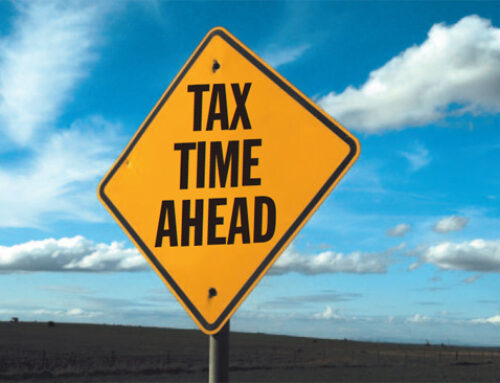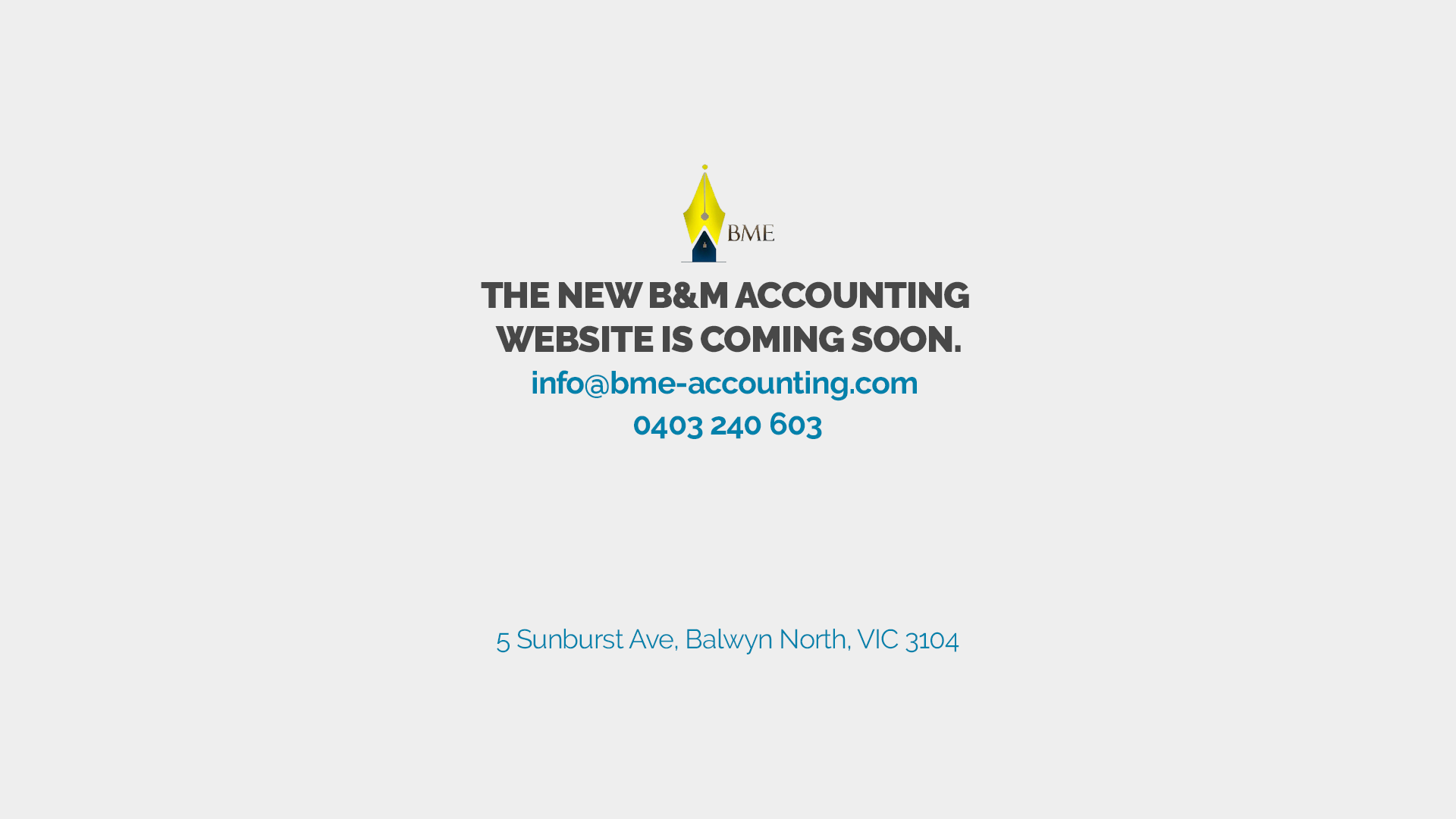In Australia, we have a self-assessment taxation system, which means you are responsible for declaring all of your assessable income, including wages and salaries, bonuses, commission, allowances, business income and investment income (dividends, distributions, interest, rents, etc.)
Any deductions or rebates claimed must be legitimate and you must be able to provide evidence if required.
The information you provide in your tax return is normally accepted by the Tax Office without adjustment and an assessment notice issued.
However, under the self-assessment system, the ATO is able to review your return for a period of up to five years after it is lodged. If they believe that you have omitted some taxable income, or claimed a deduction or rebate incorrectly, they will increase the amount of tax you have to pay.
If you receive a notice on the basis from the tax office, it is YOUR obligation to refute their adjustment to your tax payable. In order to refute the adjustment, you must provide evidence to satisfy the ATO that the information in your return is true and correct. If you are unable to do so, as well as the additional tax payable, you will be liable for interest on the extra tax and often a penalty for making a false declaration.
Remember, it is you who signs your tax return. You are responsible for the correctness of the return, no matter who prepares it.




